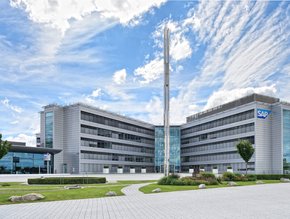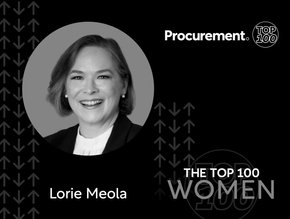Manufacturing optimism at its highest level in a year: PMI

The latest S&P Global/CIPS UK Manufacturing Purchasing Managers’ Index (PMI) revealed that the manufacturing sector recorded a score of 49.3 in February, an improvement from January's 47.0. However, it still fell below the neutral mark of 50.0 for the seventh consecutive month.
Despite this, there was some positive news as the PMI showed an increase in output for the first time in eight months, indicating a recovery in both supply chain constraints and demand.
Even though the rates of decline in production and new business were found to be at their weakest in the last nine months, consumer and investment goods manufacturing experienced an increase in new orders.
Business sentiment in the manufacturing sector has improved for the third consecutive month, with optimism at its highest level in a year.
Almost 60% of companies are anticipating higher production levels in the next 12 months, with only 10% predicting a downturn.
The positive outlook reflects expectations of improving economic conditions, new product launches, planned investment, reduced supply chain issues, and shorter lead times for the first time since June 2019. Companies also reported improvements in material availability and vendor capacity.
Despite average purchasing costs rising, the rate of inflation has eased to its lowest since July 2020. However, reports of price increases for electronics, energy, food, metals, packaging, and timber remained widespread.
Purchasing activity, stocks of inputs, and finished goods inventories all fell, as companies aimed to control costs, minimise holdings, and dismantle safety stocks.
“The manufacturing sector reported a more upbeat assessment of the state of play for makers in February and output rose for the first time in eight months. A stronger global economy reflected in less caution in the UK marketplace and though new order levels were still deteriorating, the falls were less marked," according to Chief Economist at the CIPS, John Glen.
He continued: “Optimism about business in 2023 was also the highest for 12 months. Whilst some companies were still holding on by their fingertips, managing cashflow through staff cuts and reduced costs, others were feeling confident enough to invest in operating capacity in a more stable trading environment.”
- Logility Recognised as Leader in the Gartner Magic QuadrantTechnology & AI
- How Companies are Using AI to Navigate the ‘Polycrisis’Technology & AI
- How Philips is Making Healthcare Supply Chains SustainableProcurement Strategy
- How Kraft Heinz is Unlocking Sustainability SolutionsSustainable Sourcing






